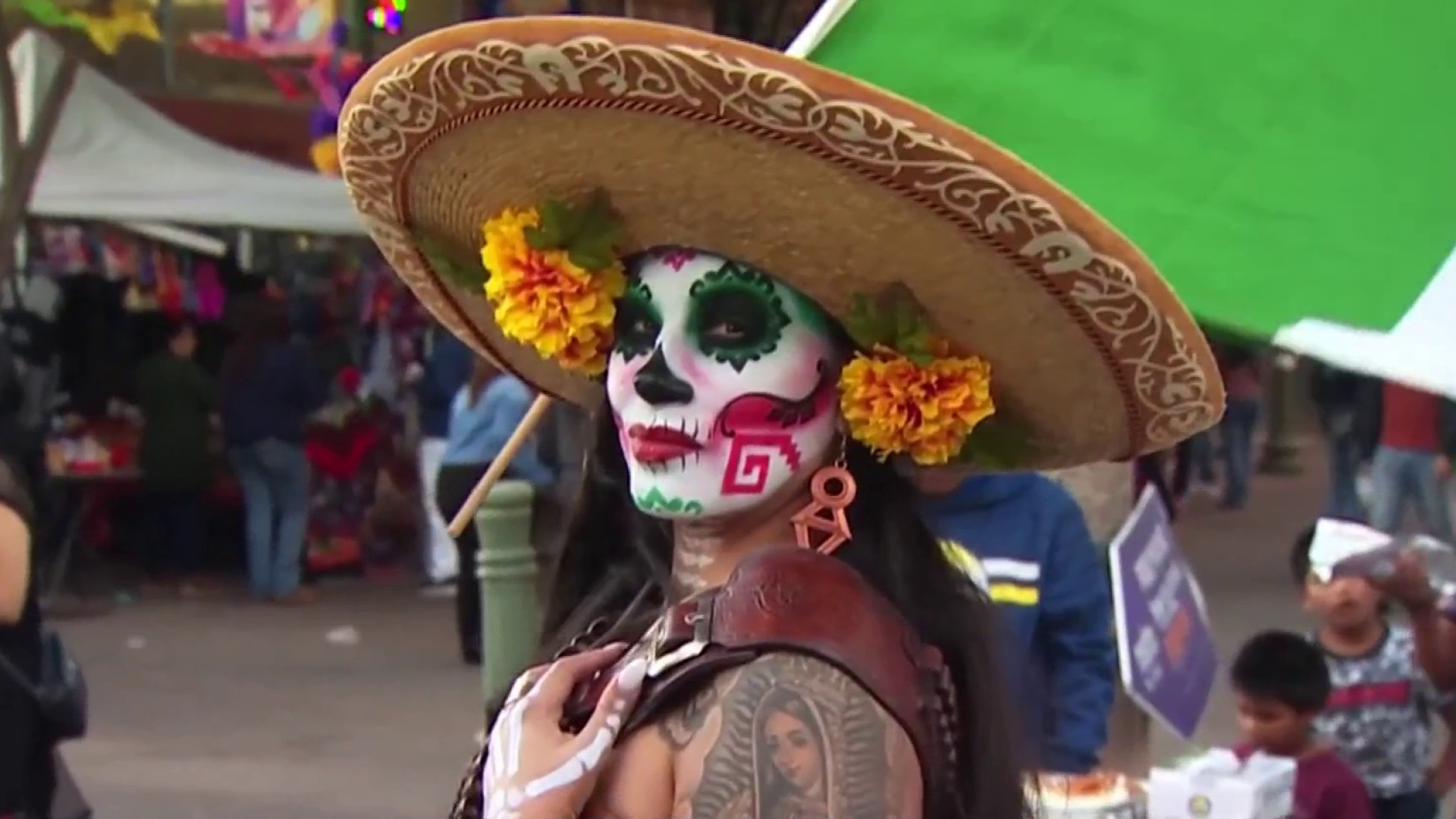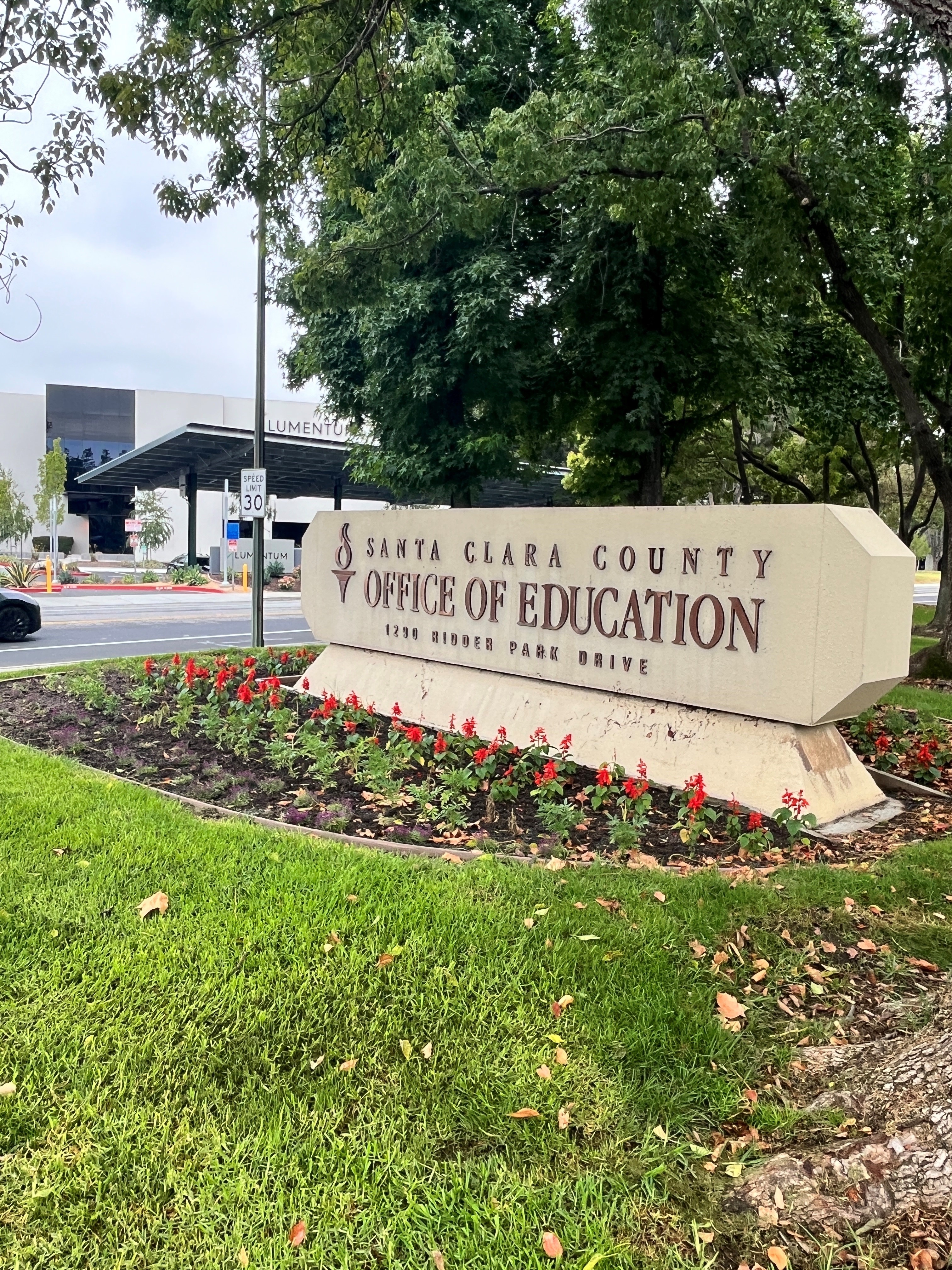As the city of San Francisco gears up for Lunar New Year celebrations, some members of the Asian American community rallied on the steps of city hall to voice concerns about targeted crimes against them.
Dozens rallied holding signs with messages like, “stop Asian hate, stop the violence” and “I want to get home safe, end the violence against Asians.”
It's a message that's become familiar over the last few years as the city saw a sharp rise in crimes against Asian residents.
In San Francisco, Asian-targeted hate crimes peaked in 2021. But according to San Francisco police data, they have since declined by more than 80%.
During a hearing by the public safety committee of the board of supervisors, San Francisco police say one of the reasons for the dramatic drop is because of an arrest of one person who police say was responsible for at least 40 incidents in 2021.
"That person, through kind of old school policing, surveillance, things of that nature, was found and arrested,” said Sargeant Jamie Hyun of SFPD.
Local
Police say the crime rate dropped even more when another person was arrested last year and charged with seven crimes targeting the AAPI community.
During the hearing, representatives from the police department and district attorney's office say a particular challenge in some of these cases was a reluctance from many in the Asian community to report and testify they had been victims.
Get a weekly recap of the latest San Francisco Bay Area housing news. Sign up for NBC Bay Area’s Housing Deconstructed newsletter.
But that has been changing.
"Like, if we didn't have those reports, even though there wasn't a suspect that could be arrested at the scene at the time, then the police officers couldn't put together that series of events that allowed them to put together one large case," said Diana Olivia of the San Francisco District Attorney’s Office.
One of the reasons why that's been changing is because of the city's investment in community programs and the expansion of the community ambassadors program.
Supervisor Connie Chan says they've been integral in helping the community feel more at ease.
“Just seeing them and being able to say, 'I feel unsafe, can you help me,’ and just even that will really help,” she said.
But she said many in the community, especially seniors, still feel unsafe. So, there's still work to be done.



